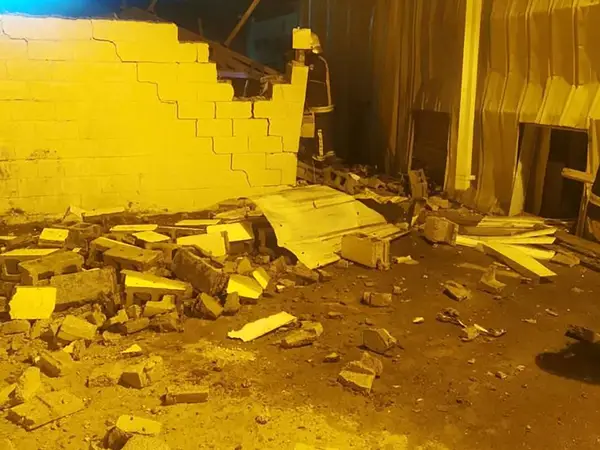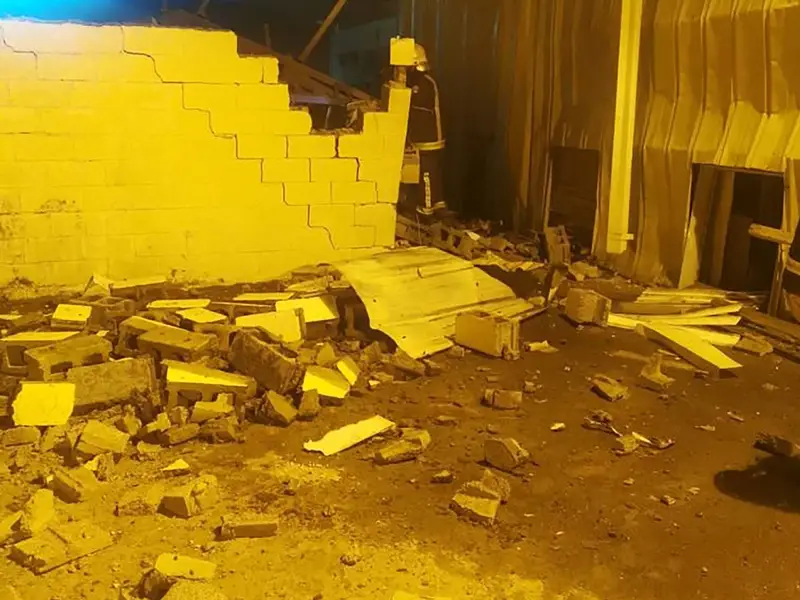Yemen's Iran-backed Houthis have launched missile and drone strikes on energy and water desalination facilities in Saudi Arabia causing some material damage.
The Saudi-led coalition on Sunday said the attacks were aimed at a water desalination plant in Al-Shaqeeq, an Aramco distribution station in Jizan, a power station in Dhahran al Janub, a gas facility in Khamis Mushait and an Aramco liquefied natural gas plant in Yanbu.
"These hostile attacks and debris resulting from interceptions caused some material damage at the facilities and civilian cars and houses. There was no loss of life as of now," said the statement carried on state media.
The attack came amid talk that Washington is contemplating removing Iran’s Revolutionary Guard (IRGC) from its ‘foreign terrorist designation’, FTO, designation to ink a nuclear agreement with Tehran.
Israel, Saudi Arabia and its Arab allies in the Persian Gulf have serious misgivings about the Biden administration’s quest to revive the 2015 nuclear deal, JCPOA, by making such concessions to Iran.
The Houthis have received sophisticated weapons from IRGC, through its extraterritorial Qods Force. Houthi missiles and drones have Iranian origin, the United States and UN arms experts have maintained.
It is not clear specify which facilities incurred damages. Saudi State media posted images and videos of what appeared to be debris from the projectiles, damaged cars and structures and firefighters dousing flames.
Initial investigations showed the group fired Iranian-made cruise missiles at the desalination plant and state oil firm Aramco's Jizan distribution center, the coalition said.
It said Saudi air defenses intercepted and destroyed a ballistic missile and nine drones.
The Houthi military spokesman said the group would within hours announce a wide military operation on Saudi Arabia.
Houthis also launched drone and missile attacks at the United Arab Emirates in January, in what was seen as an escalation.
Riyadh leads a coalition that has been battling the Houthis for seven years in a conflict widely seen in the region as a proxy war between Saudi Arabia and Iran.
"These barbaric attacks are a dangerous escalation," coalition spokesman Brigadier General Turki al-Malki said, adding this constituted a Houthi rejection of planned Yemeni consultations in Riyadh later this month.
The Houthis have said they would only participate in discussions held in a neutral country and the priority should be lifting a coalition blockade on areas held by the group.
The movement ousted Yemen's Saudi-backed government from the capital, Sanaa, in late 2014, prompting the alliance to intervene months later. The Houthis say they are fighting a corrupt system and foreign aggression.
The war has killed tens of thousands of people and pushed millions to the verge of famine.

